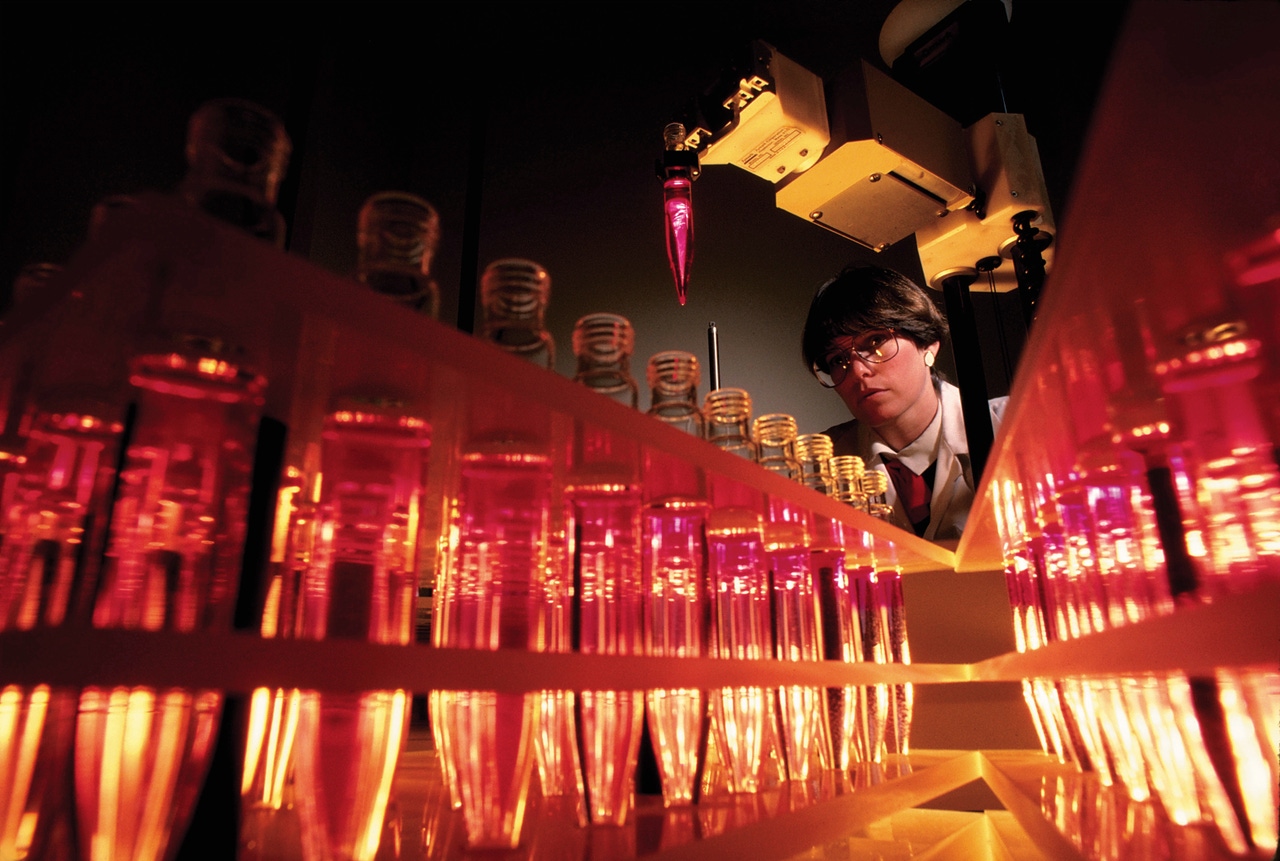
Connects decision-makers and solutions creators to what's next in quantum computing
Microsoft Launches Quantum-Hybrid AI Tools for Chemistry, Materials
Unilever and PNNL demonstrate chemistry and materials research use cases using Azure Quantum Elements

Microsoft has upgraded its Azure Quantum Elements toolkit with new capabilities that aim to improve productivity in chemistry and materials science research.
Azure Quantum Elements supports the scientific research and development process by simulating new molecules using AI-accelerated computing integrated with quantum tools so the simulations can run on real quantum hardware.
The new capabilities are in generative chemistry and accelerated density functional theory (DFT).
Generative chemistry lets researchers generate and explore the properties of novel molecules using AI models trained on hundreds of millions of compounds. It then suggests how to generate the most promising candidate molecules in a lab for further testing, potentially reducing the process from years to days.
Microsoft collaborated with Unilever to develop new products using the toolkit, for example, by developing novel molecules that restore hair fiber bonds for haircare products.
Accelerated DFT delivers similar results for chemical discovery by simulating the mechanical properties of molecules much faster than previous DFT methods.
Microsoft worked with the Department of Energy’s Pacific Northwest National Laboratory to identify a new material with the potential to build better batteries. The joint team screened over 32 million candidates to discover and synthesize the best new molecule.
“With the addition of each new feature, Azure Quantum Elements becomes a more effective tool for scientists by harnessing AI, HPC and emerging hybrid-computing capabilities that bring the power of quantum computing to scientific challenges,” said Microsoft Azure Quantum Elements product leader Nathan Baker.
“Recently, we simulated a chemical catalyst by combining classical supercomputers, AI and logical qubits created with Microsoft’s qubit-virtualization system and Quantinuum’s H1 hardware. In the coming months, we will introduce advanced logical qubit capabilities from Microsoft and Quantinuum to the private preview of Azure Quantum Elements.”
About the Author
You May Also Like
.png?width=100&auto=webp&quality=80&disable=upscale)
.png?width=400&auto=webp&quality=80&disable=upscale)




